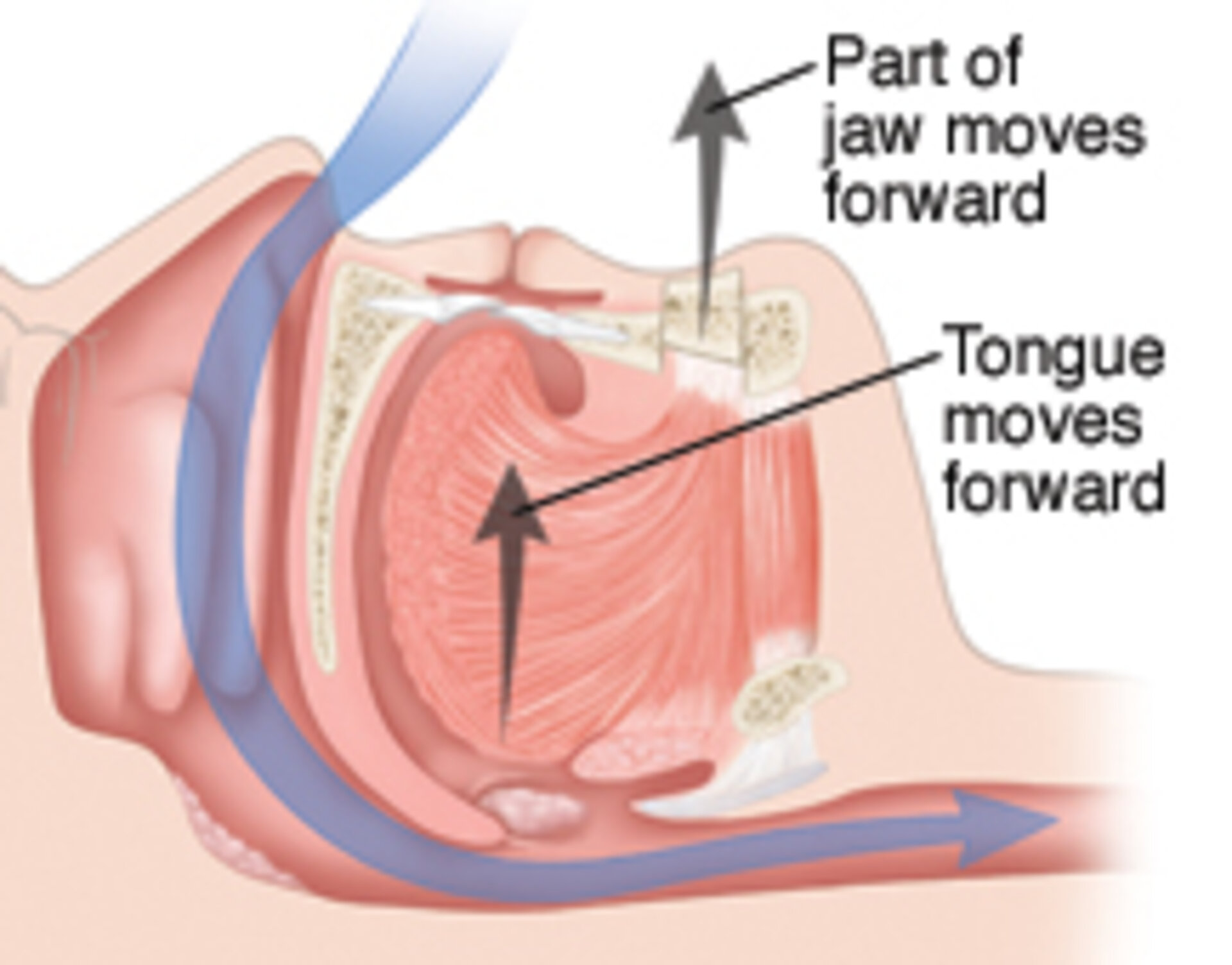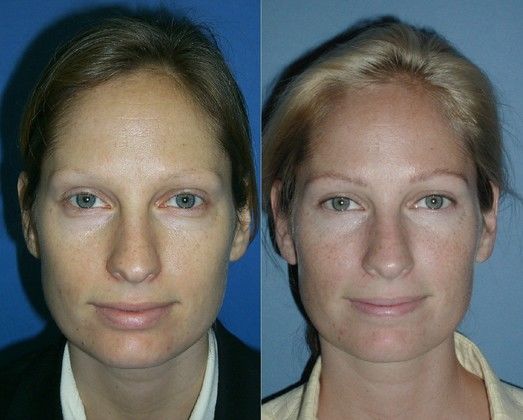
Eye twitches can occur for many reasons, though most are harmless. Eye twitches can be caused by a deficiency in certain nutrients such as magnesium and B12. These vitamins are found in spinach, avocados and salmon, as well as other foods rich in them. Eye twitching may be prevented by making sure you get the recommended daily intake. Eye twitches can also be caused by nutritional deficiencies and stress.
Botulinum toxin
Blepharospasm is a condition that causes involuntary closing or tearing of the eyelids. It can affect anyone of any age. It affects both the eyes equally and is benign with no known cause. It can be treated with Botulinum txin injections. In Australia, this toxin is sold under the brand names Botox and Dysport.
While the toxin was approved by FDA and is safe, side effect can result from the injection. Eye irritation and discomfort are the most common side effects. Blurred vision and corneal injury can be caused by the toxin. The treatment is temporary and only lasts for 3 months. Patients should prepare to take eye lubricants and a backlit keyboard during the injection procedure.

Reducing stress
Reduce stress, caffeine intake, and other factors that may cause eye twitching are all important. Eye twitching may also be a sign you have essential or hemifacial spasm. This condition can cause blurred vision and make it difficult to complete daily tasks. Consult a doctor if the twitching gets too severe.
Emotional fatigue and exhaustion can also cause eye twitching. You should get plenty of sleep and engage in some form of physical activity like yoga or brisk walking. Staying hydrated and engaging in stress-relieving hobbies may also help. Avoid drinking soda or coffee as they can cause eye irritation. Avoiding caffeine or alcohol consumption is also a good idea.
Natural treatments
Eye twitching can be treated naturally by simply putting cold water in your eyes and avoiding electronic devices. The palming technique is another simple method to reduce eye stress. You can also try applying warm water or eucalyptus oils to your eyelids and twitching your eyelids. Additional to these tips, you can also drink 8-10 glasses per day of water to relieve eye twitching symptoms.
Inflammation in the eyelid is another common cause of eye twitching. The symptoms of eye twitching include redness, swelling, and crusty eyelids. By practicing good eye hygiene, avoiding eye strain and practicing good eye hygiene, you can prevent blepharitis. Keep your eyes from rubbing too hard. Avoid contact with contact lenses or irritants to minimize the inflammation.

Contacting an eye doctor
If you're wondering whether calling an eye doctor will help stop eye twitching, the answer is a resounding "yes." If your eye twitches are related to an underlying health condition you should consult a doctor immediately. Most times, the condition will disappear on its own. Sometimes, however, the twitches can become permanent. In these cases, you should see an eye doctor.
Eye twitching can be normal as we age, but if it becomes severe enough, it could indicate something more serious. You should consult a doctor immediately if you have recently sustained a facial injury, or if you are experiencing double vision. While eye twitching can be mild and not necessarily serious, if it continues, it is worth seeing a doctor.